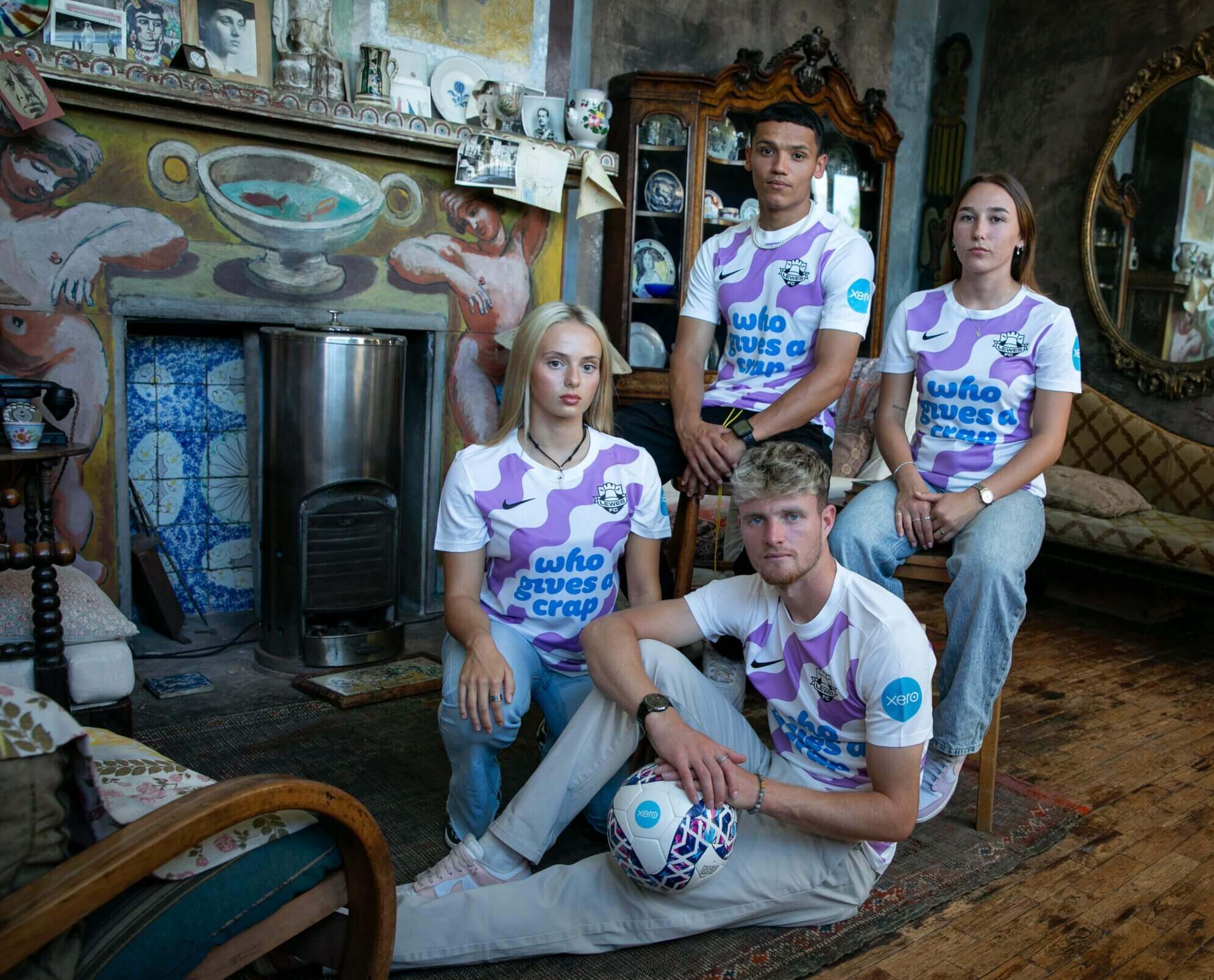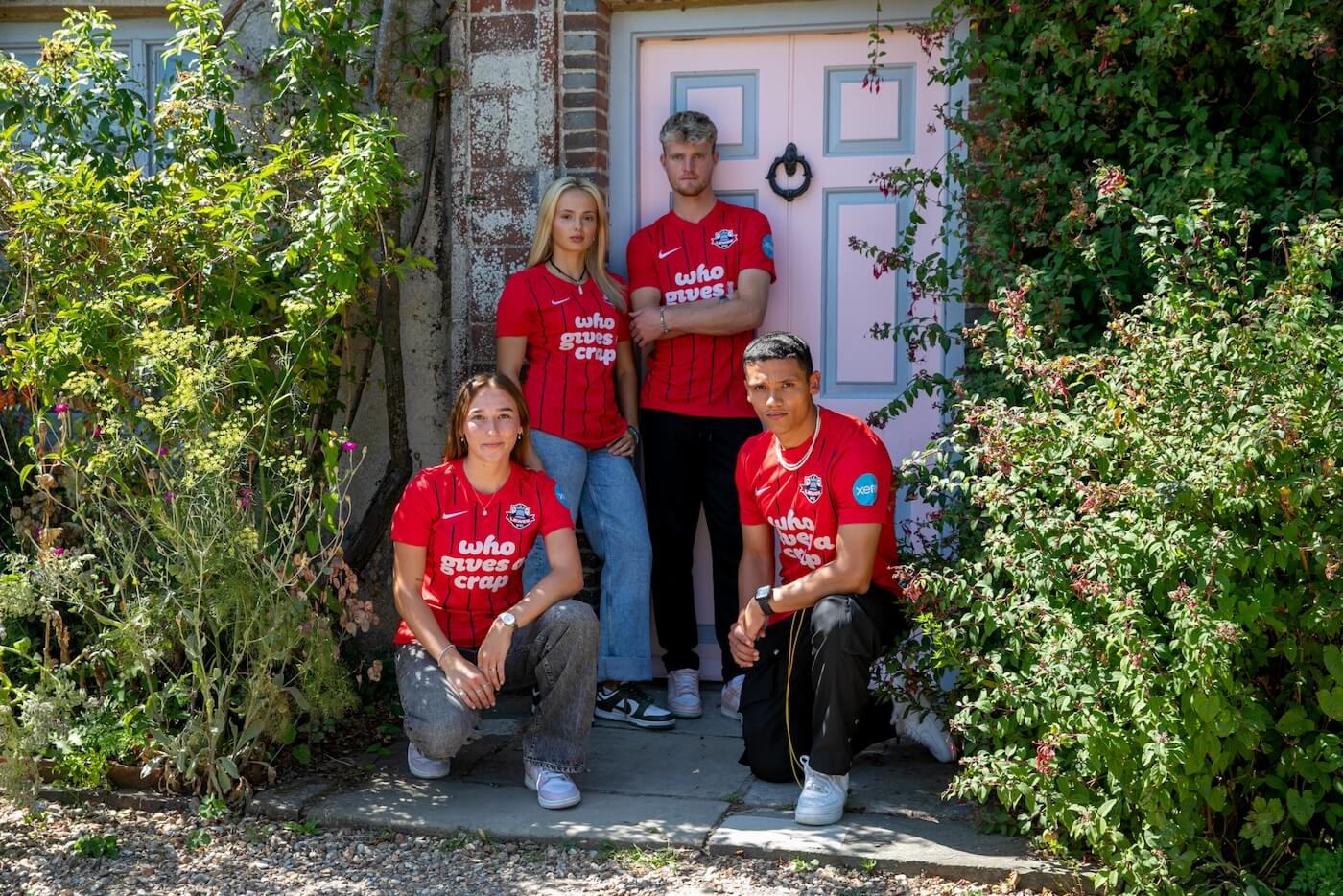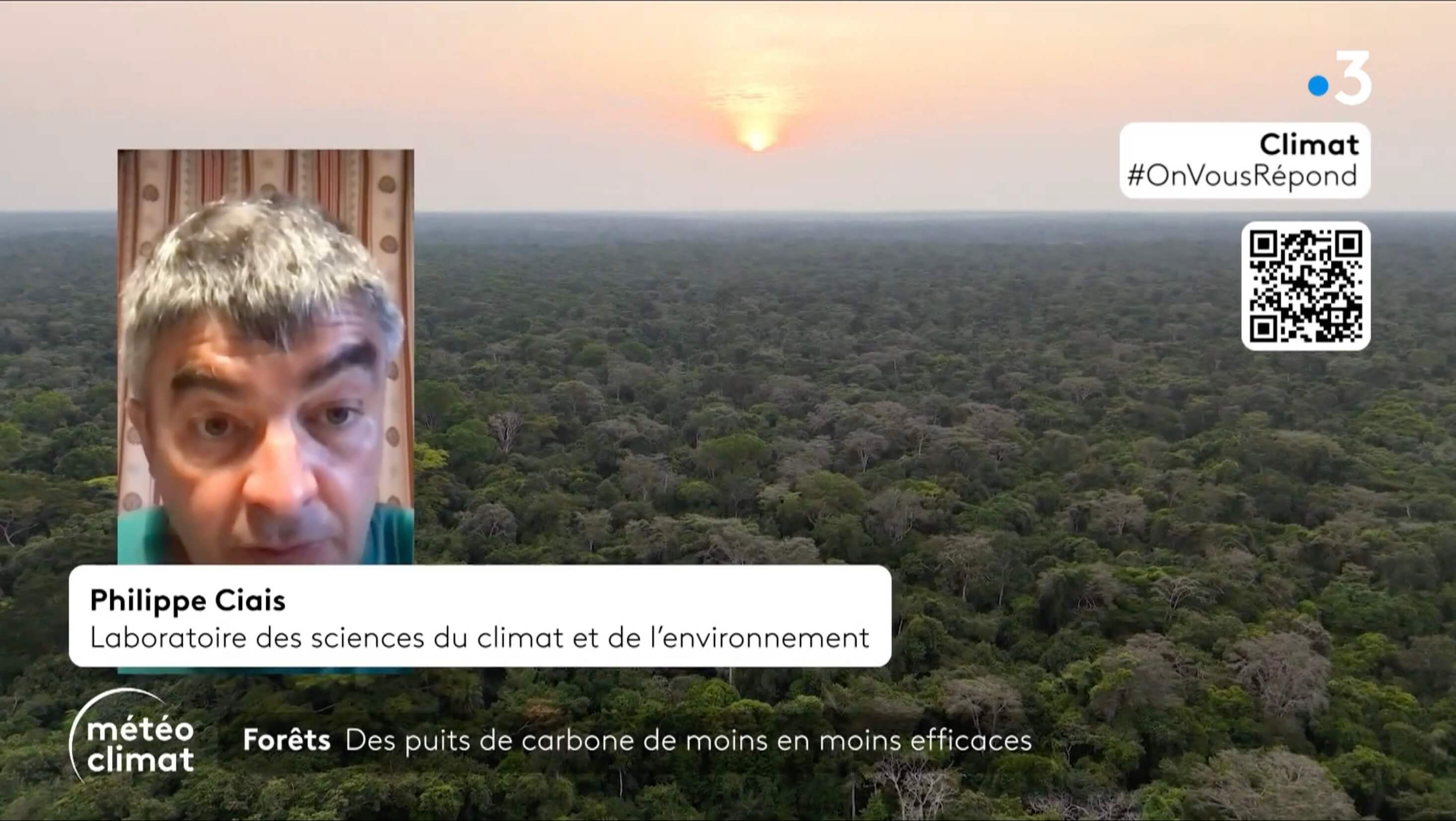Over the past year, Nissan has been developing automotive paint that can lower a vehicle's temperature when the sun is beating down. Developed with Radi-Cool, the paint incorporates material with unique light-reactive properties. In a 12-month trial at Tokyo's Haneda Airport, vehicles treated with this paint have shown up to 12°C/21.6°F cooler exterior surfaces and 5°C/9°F cooler interiors compared to traditional automotive paint. The cooling effect is particularly noticeable when vehicles are parked in the sun for extended periods.
Radiant cooling paint is typically used on buildings — like the Coors Light rooftop 'chillboards' we featured in 2022 — and creating an automotive-grade version was challenging. While still in the testing phase, Nissan hopes to eventually offer the paint for special orders in various colors, focusing on light commercial vehicles that spend most of the day on the road. And this isn't just about keeping cars and their drivers cooler. Lowering interior temperatures means less power needed for air-conditioning, which could improve the range of electric vehicles and place less strain on their batteries. Nissan's ambitions seem all too modest. One to roll out to every car by every brand?
Select your country
- Argentina
- Australia
- Austria
- Belgium
- Brazil
- Cambodia
- Canada
- Chile
- China
- Colombia
- Costa Rica
- Croatia
- Czechia
- Denmark
- Estonia
- Finland
- France
- Germany
- Ghana
- Greece
- Guatemala
- Hong Kong
- Hungary
- Iceland
- India
- Indonesia
- Ireland
- Israel
- Italy
- Japan
- Kenya
- Latvia
- Lithuania
- Malaysia
- Mexico
- Morocco
- Netherlands
- Nigeria
- Norway
- NZ
- Paraguay
- Phillippines
- Poland
- Portugal
- Puerto Rico
- Romania
- Serbia
- Singapore
- Slovakia
- Slovenia
- South Africa
- South Korea
- Spain
- Sweden
- Switzerland
- Taiwan
- Thailand
- Turkey
- UAE
- UK
- Ukraine
- US
- Uruguay
- Venezuela
- Vietnam
Select your country
- Argentina
- Australia
- Austria
- Belgium
- Brazil
- Cambodia
- Canada
- Chile
- China
- Colombia
- Costa Rica
- Croatia
- Czechia
- Denmark
- Estonia
- Finland
- France
- Germany
- Ghana
- Greece
- Guatemala
- Hong Kong
- Hungary
- Iceland
- India
- Indonesia
- Ireland
- Israel
- Italy
- Japan
- Kenya
- Latvia
- Lithuania
- Malaysia
- Mexico
- Morocco
- Netherlands
- Nigeria
- Norway
- NZ
- Paraguay
- Phillippines
- Poland
- Portugal
- Puerto Rico
- Romania
- Serbia
- Singapore
- Slovakia
- Slovenia
- South Africa
- South Korea
- Spain
- Sweden
- Switzerland
- Taiwan
- Thailand
- Turkey
- UAE
- UK
- Ukraine
- US
- Uruguay
- Venezuela
- Vietnam















![In-game image from [Beetlejuice] Escape the Afterlife on Roblox](https://www.trendwatching.com/hubfs/beetlejuice-escape-the-afterlife-immersive-experience-on-roblox.jpg)




